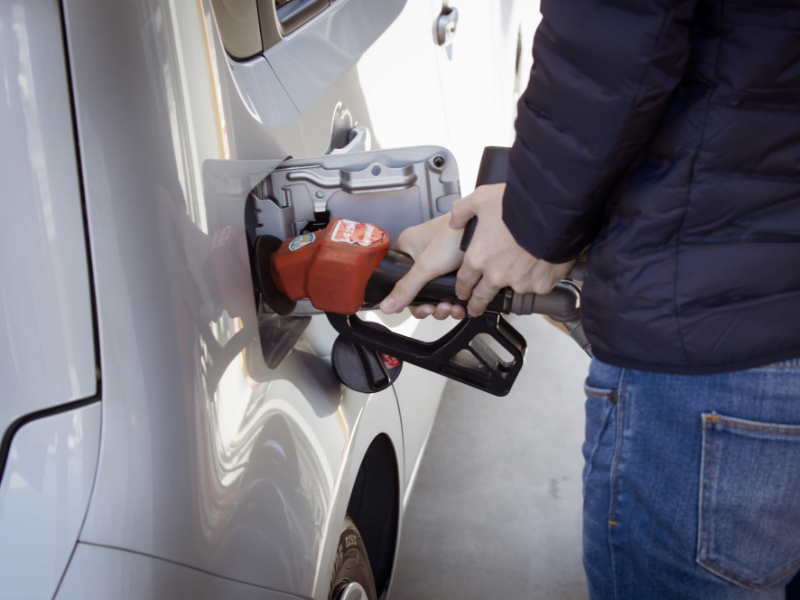The government was quick to promote its new measure on fuel costs, a 7c per litre reduction in fuel prices, as the “biggest fall in #fuel prices ever recorded” and it was the Environment Minister, of all people, who was keen to share the joy.
Following the mini-budget (or maybe it wasn’t a budget?) the government deployed its usual tactic of flooding social media with adverts on the government’s ‘success’ and ‘benevolence’. They included a poster on a drop in fuel prices, which ignored important facts.
In fact, information regarding the disparity in fuel costs between Malta and the other EU Member States over the past few months failed to make it to the illustration.
Since the beginning of March, the COVID-19 outbreak has caused fuel prices around the globe to plummet rapidly, while Malta’s did not budge. At the peak, Maltese drivers were purchasing fuel at a price reportedly 20% higher than the EU average.
The latest revision in fuel prices last August introduced a flat 5c per litre increase for petrol and diesel. Following this, prices had been locked at €1.41 per litre for petrol and €1.28 per litre for diesel. Through the government’s latest measure, a further decrease of 7c per litre dropped the prices to €1.34 for petrol and €1.21 for diesel per litre.
These prices are still higher than what citizens in other EU countries have to pay, according to data collected by the European Commission.
EU member states are paying on average €1.26 per litre for petrol (15c less than Malta) and €1.12 per litre for diesel (16c less than Malta).
The measure, announced on Monday, is part of the government’s multimillion ‘mini-budget’ unveiled by Prime Minister Robert Abela to help Malta’s economy to recover from the pandemic.
7c reduction in #fuel prices. @Maltagov held back from reducing prices earlier because #businesses were closed. Now is the time for important #decisions. Biggest fall in #fuel prices ever recorded. #economicregenerationplan #abettertomorrow pic.twitter.com/v2UUFkwIGN
— Government of Malta 🇲🇹 (@MaltaGov) June 8, 2020
The locked prices are part of a hedging policy which was introduced by the Labour government in 2013 stressing the need for market stability. Enemed, the State-owned fuel importer, purchases fuel through long term hedging agreements, which prevents it from fluctuating like its European counterparts. It also means Maltese citizens did not benefit from the plummeting of prices.
From the get-go, the policy had been criticised as being risky, offering protection from a spike in prices, but causing concern if the opposite occurs.
And while the new fuel cost-cutting measure may be the government’s biggest fuel price fall ever recorded on paper, it looks less alluring when keeping in mind the current context within which it is taking place.












